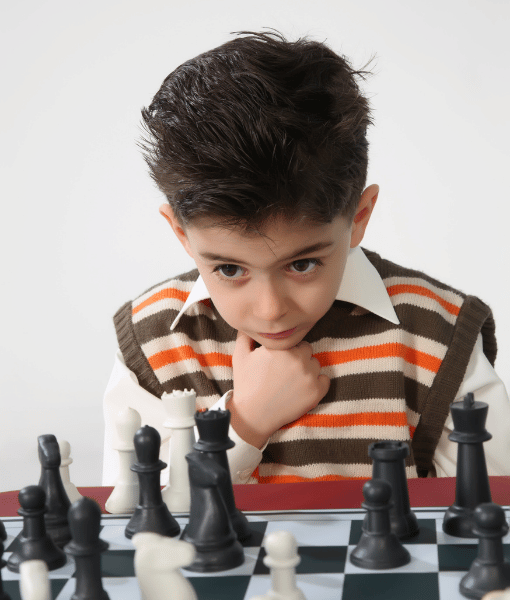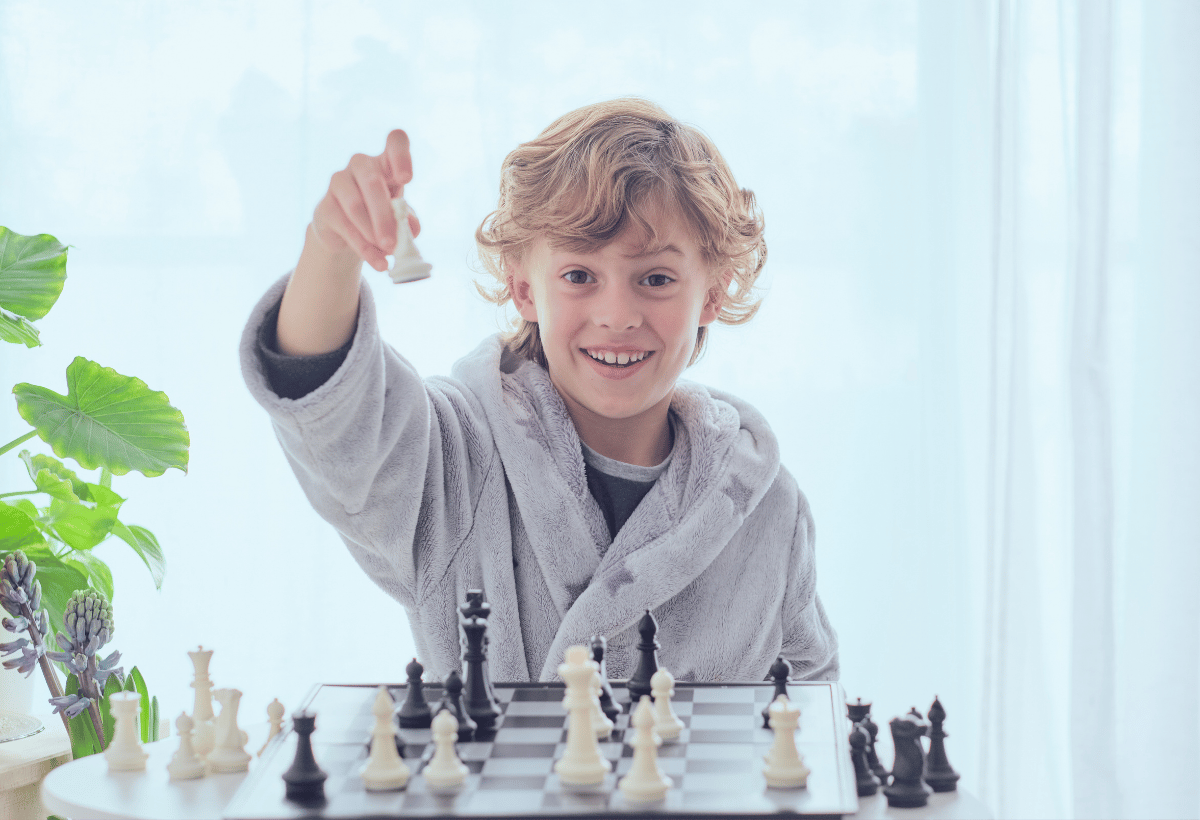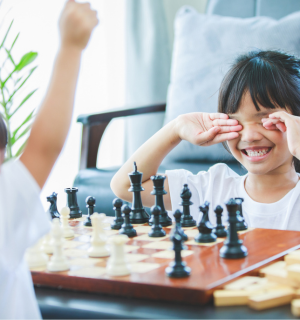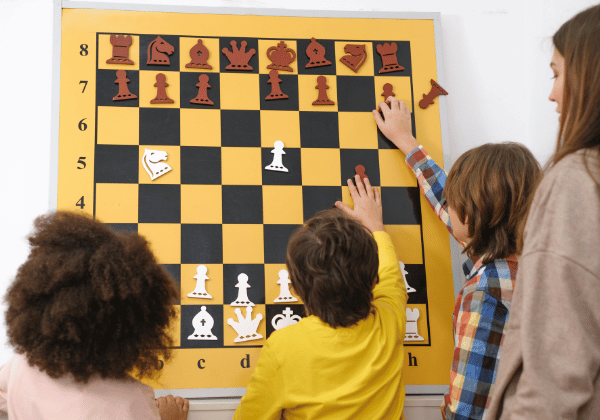Chess is more than a game; it’s a powerful tool for personal and intellectual growth. It sharpens focus, boosts creativity, teaches responsibility, and enhances decision-making. Chess promotes cognitive development, emotional resilience, and important life skills, benefiting players of all ages both on and off the board.
Chess enhances brain function by sharpening focus, improving problem-solving, and promoting logical thinking. These cognitive benefits support memory retention, analytical skills, and the ability to think critically, making chess an ideal activity for intellectual growth.

Chess enhances memory by requiring players to recall patterns, strategies, and past games. This constant mental exercise strengthens both short-term and long-term memory.
Chess teaches players to break down complex positions and analyze them critically. This skill transfers to real-life situations, helping individuals assess problems more effectively.
Chess encourages logical thinking by requiring players to predict the outcomes of different moves. This improves reasoning abilities and helps with making sound decisions based on logic.
Chess demands careful attention to every piece and move on the board, improving a player's ability to focus on details and avoid mistakes in high-pressure situations.
Chess players develop a keen sense of spatial relationships on the board, enhancing their ability to visualize and manage complex patterns in their minds.
Chess players often need to think about multiple threats and opportunities at once, which sharpens their ability to multitask and manage several tasks or challenges simultaneously.

Chess is more than just a game; it’s a powerful tool for personal growth. Playing chess, players develop essential life skills that shape their character, foster creativity, and instill a sense of responsibility. Through strategic thinking, problem-solving, and emotional management, chess provides valuable lessons beyond the board.
Chess encourages players to plan ahead, consider possibilities, and approach problems with a disciplined, long-term mindset.
The game challenges players to recall patterns, strategies, and opponents’ moves, significantly enhancing memory and focus over time.
Players experiment with strategies, allowing chess to spark innovative thinking and creative problem-solving.

Through tournaments and collaborative learning, chess provides opportunities to connect with others, encouraging teamwork, communication, and respect for diverse perspectives.
Chess teaches perseverance by helping players learn from mistakes, adapt, and overcome challenges.
Chess requires players to analyze options and make thoughtful decisions under time constraints, fostering better judgment and confidence in decision-making.

Chess connects people globally, fostering community, teamwork, and inclusivity. It enhances social skills and serves as a valuable educational tool, promoting equal participation and enriching learning experiences.
